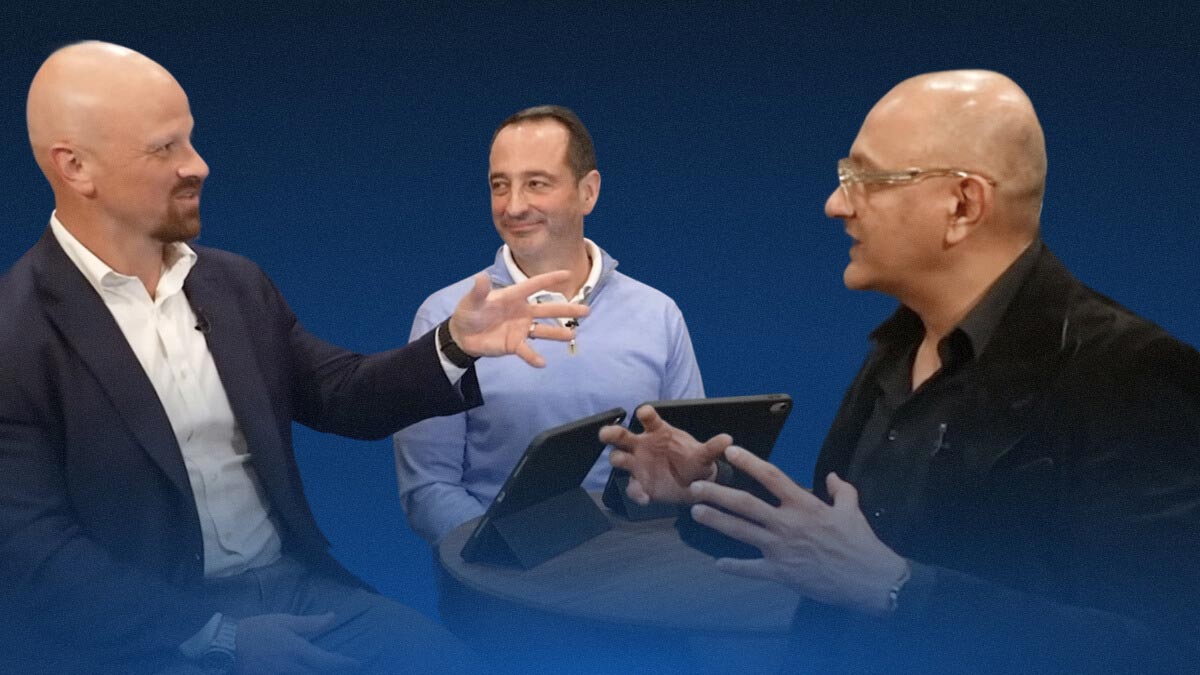SAN JOSE, Calif. - September 23, 1997 - Cisco Systems, Inc., today announced the completion ofextensive testing between Cisco and IBM's Transportation Industry Solutions Unit. Engineersfrom both organizations jointly tested Cisco 7500 series routers and Channel InterfaceProcessor (CIP) cards for TCP/IP access to mainframes running the Transaction ProcessingFacility (TPF) operating system. Test results have led both companies to jointly commit theirsupport for Cisco 7500 series routers and CIPs for use in the travel and transportationindustries.
Market Trends for TPF
TPF is IBM's high-speed, transaction-oriented operating system that is widely used in airlineand hotel reservation systems. According to industry analysts, 95 percent of all airlinesworldwide use TPF. Additionally, the majority of hotel reservation systems and financialapplications also use TPF. Trying to create a competitive advantage, many airlines and hotelsare modifying reservation systems to allow potential customers to access these system via theWeb. This new procedure for checking rates and booking reservations is driving the need forTCP/IP to host attachment for TPF.
"Cisco's CIP and TCP Offload feature are significant components in The SABRE Group's internaland external connectivity solution," said Dennis Hayes, Sr. EDP Systems Engineer at The SABREGroup. "Our experience with Cisco channel-attached routers has shown they provide a highlyreliable, fast data path into our TPF, MVS, and VM mainframes. We are currently moving moreclient server interactions to TCP/IP and investigating other uses for the TCP/IP protocol."
Using Cisco's CIP with the TCP Offload feature, TCP/IP users can access today's TPFapplications and future applications leveraging high-speed Web servers on TPF. Cisco and IBMare also collaborating to optimize the performance of Web servers. Today, Cisco's CIP with theTCP Offload feature is the highest-performing, router-based channel-attached device thatsupports TCP/IP applications on a host running TPF.
"With its high-speed, transaction-oriented environment, TPF has the capabilities to make themainframe function as a high-end Web server," said Rod Starrett, product manager for Cisco'sInterWorks Business Unit. "As the number of online users accessing the reservation systemsincreases, so does the need for a highly reliable, scalable TCP/IP access device to the host,such as Cisco's CIP."
The TCP Offload feature was initially designed to reduce the processing of TCP/IP transactionson the IBM mainframe. Introduced in January 1996, the CIP's TCP Offload feature offers hostefficiency and high performance and is an ideal solution for Web-based transactions.
"Cisco's CIP and TCP Offload feature is the most cost-effective, reliable way for airlines andhotels to bridge their legacy systems to TCP/IP backbones," said industry analyst Anura Guruge. "Competitive alternatives to the CIP card are nearing their end of life. Cisco's offering isa tried and proven solution - a low-risk investment for data center managers because they knowthe CIP will be around for years to come."
Cisco Systems
Cisco Systems, Inc. (NASDAQ: CSCO) is theworldwide leader in networking for the Internet. athttp://www.cisco.com.
Cisco IOS is a trademark, and Cisco, Cisco Systems, and the Cisco Systems logo areregistered trademarks of Cisco Systems, Inc. in the U.S. and certain other countries. All othertrademarks mentioned in this document are the property of their respective owners.



